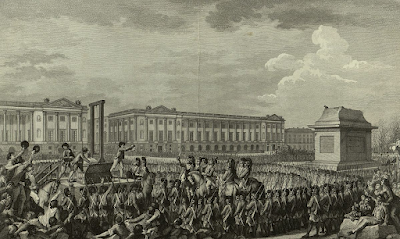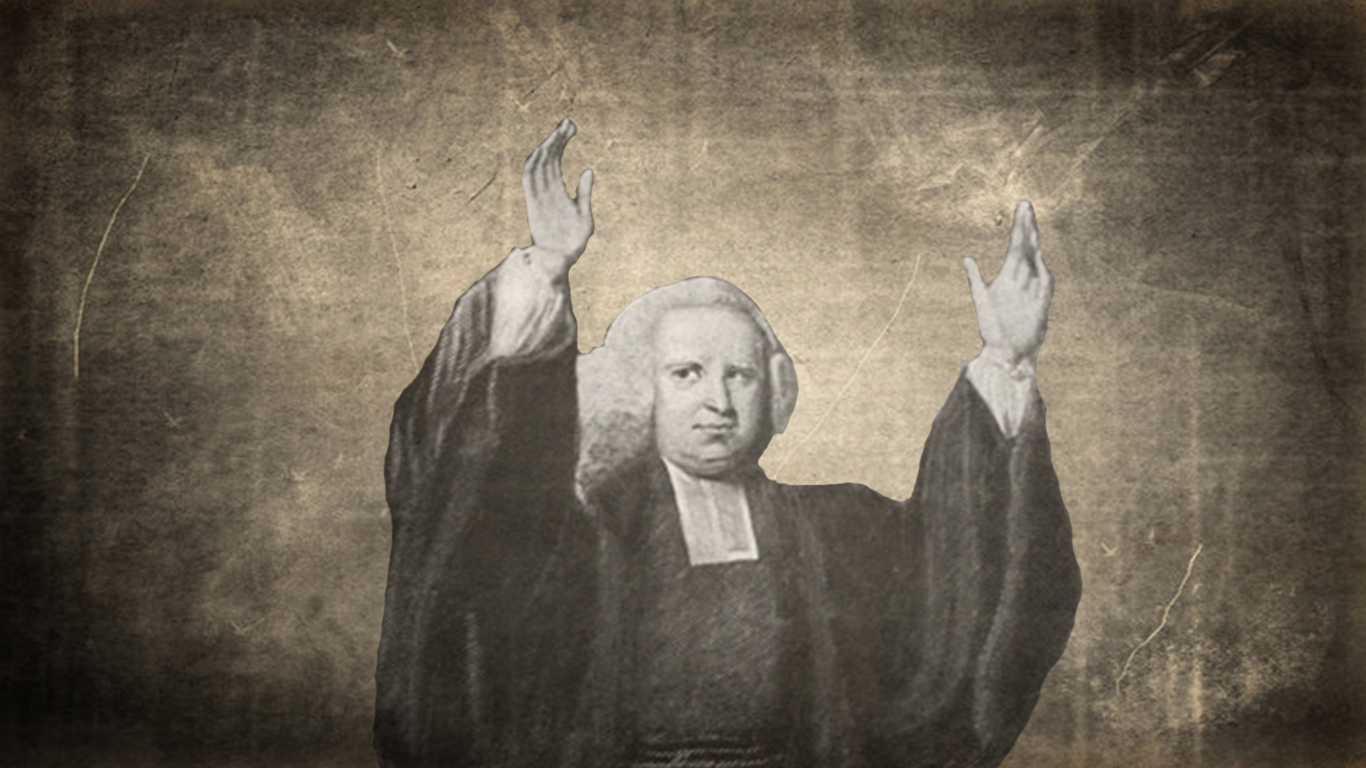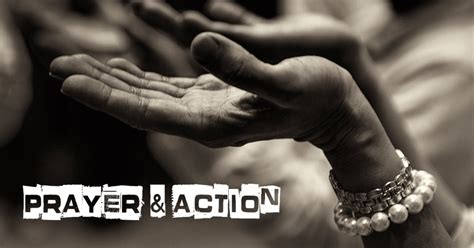TIPS FOR SPENDING AN HOUR
IN PRAYER
Quiet your heart before God. (5 minutes)
Take
a few silent moments to focus on God and remember who he is.
“Among the gods there is none like you, O Lord; no deeds can
compare with yours.
All the nations you have made will come and worship before you, Oh,
Lord;
they will bring glory to your name.
For you are great and do marvelous deeds; you alone are God.”
(Ps. 86:8-10)
Ask God to prepare and purify your heart. (5 minutes)
Ask
God to show any sin in your heart.
“Surely the arm of the LORD is not too short to save, nor his ear
too dull to hear.
But your iniquities have separated you from your God; your sins have
hidden his face from you,
So that he will not hear you.” (Is. 59:1-2)
“The prayer of a righteous man is powerful and effective.” (Ja.
5:16)
Speak of the wonders of God. (5 minutes)
Take
a few minutes to declare the glory of God and the wonders of his
character.
“The LORD is gracious and compassionate, slow to anger and rich in
love.
The LORD is good to all; he has compassion on all he has made.
All you have made will praise you, O LORD; your saints will extol
you.
They will tell of the glory of your kingdom and speak of your might,
so that all men may know of your mighty acts and the glorious
splendor of your kingdom.
My mouth will speak in praise of the
LORD.
Let every creature praise his holy name for ever and ever.” (Ps.
145:8-12, 21)
Listen. (5-10 minutes)
Ask
God to impress upon you what needs he wants you to bring before him.
“Guard your steps when you go to the house of God.
Go near to listen rather than to offer the sacrifice of fools….”
(Ec. 5:1)
“Speak, Lord for your servant is listening.” (1Sam. 3:9)
Present petitions before the Lord. (25-30 minutes)
Join
with others across the globe offering up specific prayers and
petitions on behalf of the You People.
“Again I till you that if two of you on earth agree about anything
you ask,
it will be done for you by my father in heaven.” Mt. 18:19
Thank God for his answers. (5 minutes)
In
anticipation of what God will do, thank him for the privilege of
bringing requests to him and for his promised answers. Rejoice also
in knowing that eternal victory has been promised.
“The Lord is near. Do not be anxious about anything, but in
everything, by prayer and petition, with thanksgiving, present your
request to God.” (Ph. 4:6)
“And I…am about to come and gather all nations and tongues, and
they will come and see my glory.
I will set a sign among them, and I will send some of those…to the
distant lands that have not heard of my fame or seen my glory. They
will proclaim my glory among the nations.
And they will bring all your brothers, from all the nations, to my
holy mountain in Jerusalem
as an offering to the LORD—on horses, in chariots and wagons, and
on mules and camels,”
says the LORD.” (Is. 66:18-20)







